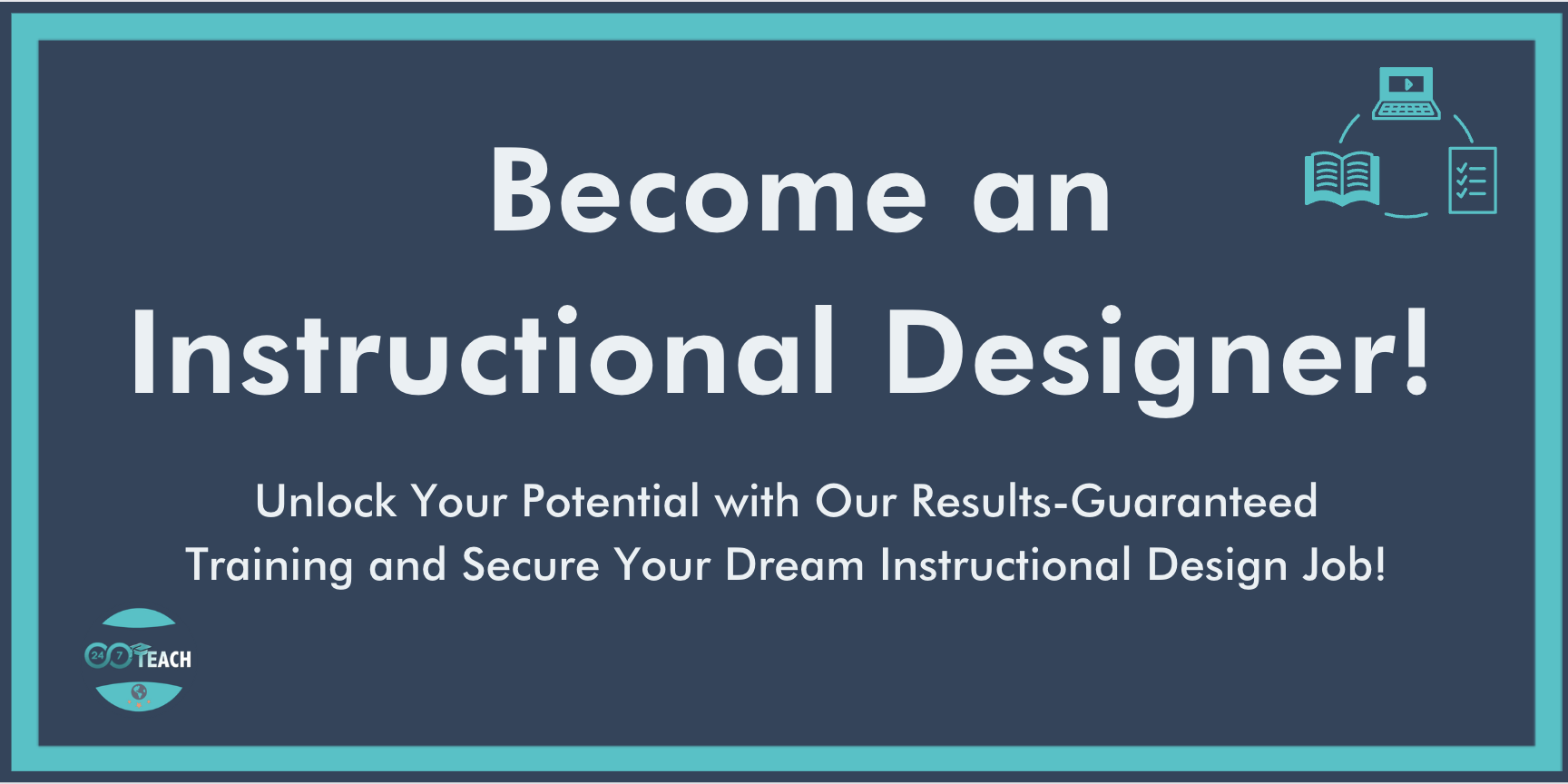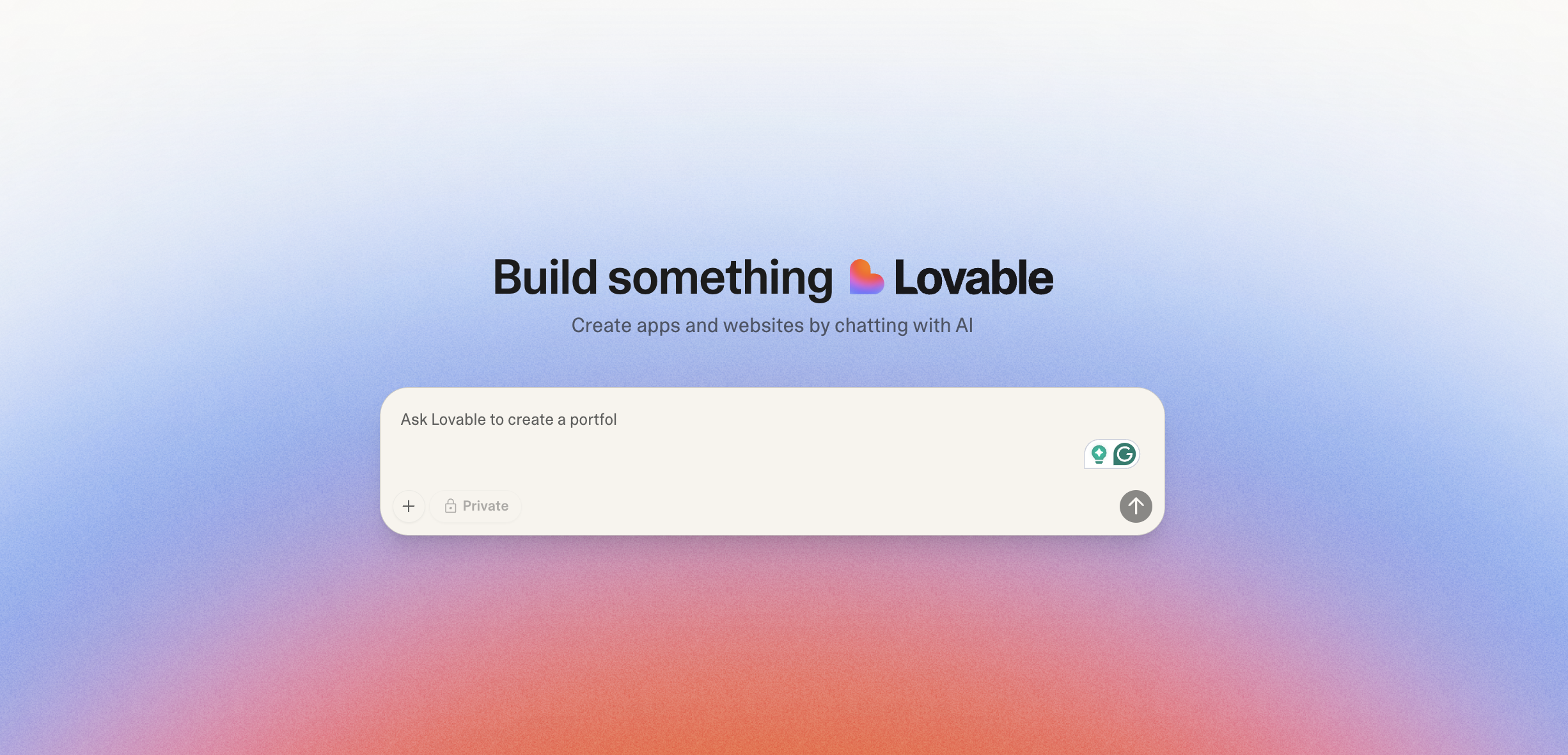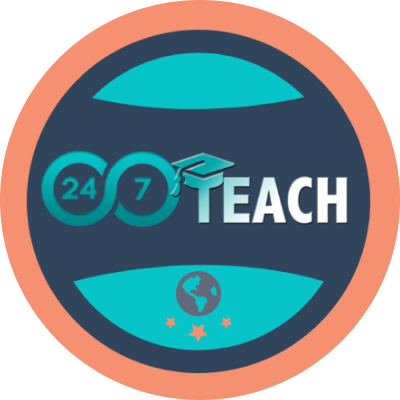Why You Aren't Getting Hired as an Instructional Designer
By: Anthony Miller
Lead Instructional Designer and Recruiter
Prefer to listen to this post? Click below.
Unveiling the Enigma: Why You Aren't Getting Hired as an Instructional Designer
Instructional design is a unique and increasingly valuable profession in the modern workforce. As our world transitions to a more digital learning environment, businesses and educational institutions are looking for skilled instructional designers to guide their educational initiatives. But what happens when you're not getting the job offers you expect or desire? What could be hindering your chances of being hired as an instructional designer? Let's explore some common reasons and how you can overcome these hurdles.
1. Lack of a well-crafted portfolio
Your portfolio is the key to showcasing your talent, skills, and experience. It's your opportunity to demonstrate your instructional design competence and ability to craft engaging, effective learning experiences. If your portfolio is poorly organized, doesn't effectively showcase your best work, or worse, is non-existent, it could be a significant reason why you're not getting hired.
To improve your portfolio, make sure it highlights your unique abilities. Showcase various learning modalities (e-learning modules, job aids, lesson plans, etc.) and different kinds of projects. Ensure your work is presented clearly, organized, and aesthetically pleasing.
2. Inadequate Understanding of Learning Theories
Instructional design isn't just about creating attractive learning materials. It's deeply rooted in understanding how people learn, involving cognitive, behavioral, and constructivist theories. If you're struggling to articulate how these theories guide your design process during an interview, it can raise a red flag to employers.
Invest in continuous learning. Brush up on your knowledge of learning theories and instructional design models. Be prepared to articulate how you apply these theories in practice.
3. Insufficient Technological Proficiency
Today's instructional design field heavily leans on technology. Designers are expected to use a variety of tools for creating content, project management, data analysis, and more. If you're not comfortable with tech or lack proficiency in commonly used tools like Adobe Captivate, Articulate Storyline, or learning management systems (LMS) like Moodle, it could be a setback.
Upskill yourself in the latest technology trends in the instructional design field. Gain hands-on experience with popular authoring tools, LMS, video editing software, and analytics tools.
4. Weak Communication Skills
Communication is vital for an instructional designer. You need to liaise with subject matter experts, stakeholders, learners, and team members. If you're unable to effectively communicate your ideas, receive feedback, or manage expectations, it can put off potential employers.
Work on your communication skills. Practice presenting your ideas succinctly, handling critique positively, and being an active listener.
5. Not Demonstrating Problem-Solving Skills
Every project has its challenges, and employers want to know how you handle roadblocks. If you're not demonstrating your problem-solving skills during the interview, employers might be left questioning your competency.
During interviews, share examples of projects where you faced challenges and how you overcame them. Discuss how you troubleshoot technical issues or navigate differences of opinion in a project.
6. Lack of Adaptability
The instructional design field is rapidly evolving. As an instructional designer, you should demonstrate an ability to adapt and evolve your skills to meet the needs of the changing environment. If you're sticking to outdated practices or resisting new methodologies, it could hinder your chances.
Stay updated with trends in instructional design. Join professional groups, attend webinars, read blogs, and be open to experimenting with new ideas.
7. No Business Acumen
Increasingly, instructional designers are expected to understand the business side of things. They should comprehend how their work impacts the company’s bottom line and strategic goals. If you fail to exhibit business acumen or understand how your role aligns with the organization's objectives, it could be a contributing factor to your job search struggles.
To improve, try to learn more about the business side of the organizations you target. Understand how training and development contribute to their overall success. Articulate this understanding during interviews to show potential employers that you can deliver value beyond just creating engaging content.
8. Lack of a Personalized Application
Applying for a job is more than just sending in your resume. It requires effort to tailor your application according to each company's specific needs and culture. If your applications are generic, it might give employers the impression that you lack genuine interest in their company.
To stand out, tailor your resume and cover letter to each job. Research about the company, understand their culture, and align your application to the company's specific needs and values.
9. Limited Experience or Expertise in a Niche
While being a jack-of-all-trades may have its perks, having expertise in a particular niche can make you more appealing to certain employers. If you lack specialized experience or expertise, it might be harder to get noticed.
Consider gaining more experience in a specific area of instructional design, such as mobile learning, gamification, or microlearning. Having a niche can help you stand out and increase your marketability.
10. Insufficient Networking
Networking plays a significant role in the job market today. If you're not proactive in building connections and making yourself known in the instructional design community, you may be missing out on potential job opportunities.
Join instructional design groups, participate in discussions, attend conferences, and connect with other professionals on platforms like LinkedIn. Networking can often lead to job opportunities that aren't publicly advertised.
Remember, rejection is not a reflection of your worth but an opportunity to learn and grow. Instead of being disheartened, use these insights to reflect, refine your skills, and improve your approach. Your next job offer might be just around the corner!
Instructional design is a rewarding and dynamic profession. There's always room to learn, adapt, and evolve, which is what makes it exciting. By addressing these common hurdles, you can boost your chances of getting hired and pave your way to a successful career in instructional design. Be persistent, be proactive, and never stop learning. Your dream job awaits!
Need Guidance on Navigating the Shift to Instructional Design?
Before You Go...
Discover the Unmatched 24/7 Teach Experience:
Our Instructional Design bootcamps and career coaching services have a 100% success rate. We redefine learning by immersing you in practical, hands-on projects, ensuring you acquire vital professional expertise while making a meaningful difference in your community.
Unlock your true potential today with 24/7 Teach and invest in your future.











